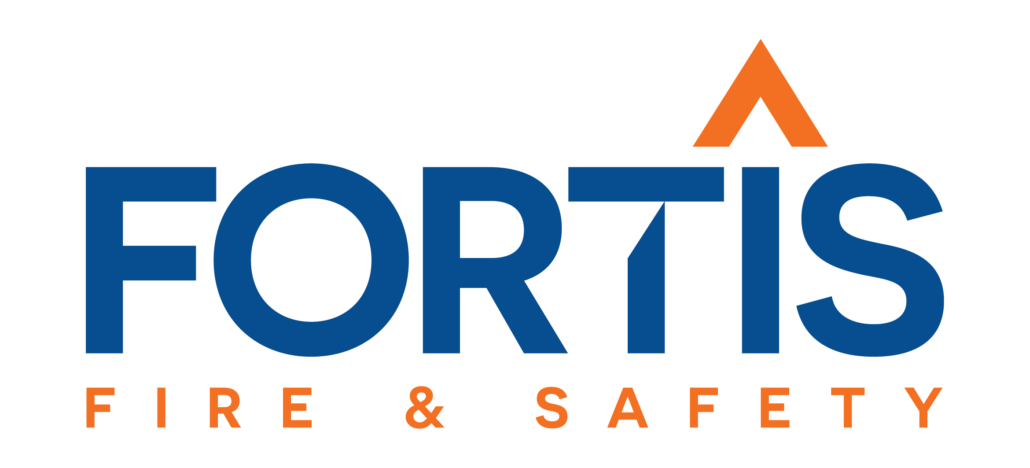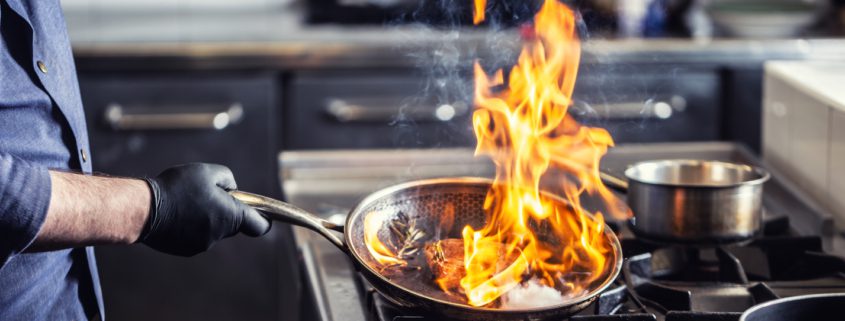What to Do in Case of an Oil Fire: Important Safety Measures to Follow
During fire season, it’s crucial to be aware of proper fire precautions. While we’re all familiar with the basic “Stop, drop, and roll” technique, it’s essential to know that it may not be effective in the case of an oil fire. This article will provide valuable information on dealing with oil fires, including their classification, common causes, preventive measures, and recommended actions.
Understanding Oil Fires:
Oil fires fall under “Class B” fires, which encompass flammable liquids such as alcohol, ether, oil, gasoline, and grease. These fires require smothering to be extinguished effectively. They typically occur in commercial kitchens, areas prone to spontaneous combustion, or locations where hot work is conducted.
Importance of Kitchen Hood Suppression Systems:
Kitchen hood suppression systems play a critical role in ensuring the safety of commercial kitchens and the people working in them. These systems release wet chemical extinguishing agents designed to suppress cooking fires by cutting off the gas line to the appliance and suffocating the flames. Investing in a commercial kitchen suppression system is significantly more cost-effective than dealing with structural damage resulting from a fire.
Actions to Take:
Avoid using water: Water should never be used to extinguish an oil fire as it can cause the flames to spread rapidly. The primary goal is fire suppression, so if safe to do so, try smothering the flames using a towel or fire blanket. Alternatively, fire extinguishers can also be effective tools. Ensure that fire extinguishers are readily accessible throughout your commercial building for optimal fire safety and protection.
Prioritize employee safety: If attempts to smother the fire are unsuccessful, prioritize the safety of your employees and evacuate immediately. Oil fires can escalate quickly and pose significant dangers. It’s essential to have well-defined evacuation plans in place to ensure the orderly and swift evacuation of everyone on the premises.
Preventive Measures:
Hot work permits: If your commercial building involves hot work activities, obtaining a hot work permit is crucial. This permit guarantees that proper safety measures have been implemented throughout the building, minimizing the risk of fire incidents. It ensures that your building and employees are well-prepared to handle emergencies effectively.
Fire safety equipment: To enhance fire safety, equip commercial kitchens and hot work zones with fire extinguishers and fire blankets. These tools can play a pivotal role in suppressing small fires and preventing them from escalating.
Final Notes
Being well-informed and prepared is paramount when it comes to dealing with oil fires. Remember to avoid using water, focus on fire suppression, and prioritize employee safety. By implementing preventive measures, such as obtaining hot work permits and having appropriate fire safety equipment in place, you can minimize the risk of oil fires and ensure the safety of your commercial building and its occupants. Stay vigilant and prioritize fire safety at all times.
Learn More About Fortis
At Fortis, we provide cutting-edge expertise in fire protection planning, design, and construction. We understand the challenges that modern facilities face and utilize our experience to find efficient and cost-effective solutions. From initial planning to acceptance testing and beyond, we offer a comprehensive suite of services.
We utilize the latest in computer-automated design to map out your system so we know the exact specifications before we even set foot on your job site. No need for drawings, we can map your facility and create blueprints from scratch.
We facilitate BIM coordination for new construction projects. We work with your BIM coordinator to load in our plans to avoid structural conflicts before they happen.
Additionally, all of our designers are NICET certified in their respective fields.
Learn more about our fire protection services, here.




